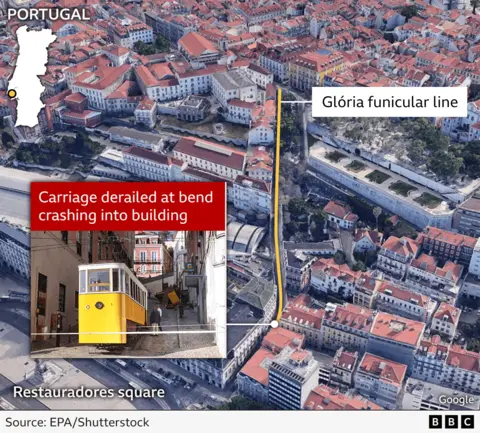The European Union is experiencing a catastrophic wildfire season, with a staggering one million hectares engulfed in flames, equivalent to half the size of Wales. Spain and Portugal are at the forefront, with notable scorched areas accounting for approximately one percent of the Iberian Peninsula according to EU scientists.
Research by the World Weather Attribution group at Imperial College London underscores the direct link between climate change and the increasingly severe fire seasons in the Mediterranean. Experts anticipate that unless urgent actions are taken to combat climate change, the frequency and intensity of wildfires are likely to escalate.
This year alone, over 400,000 hectares have burned in Spain as of late August, achieving six times the average recorded over the past decade. Meanwhile, Portugal has also witnessed nearly 270,000 hectares burned, nearly five times higher than average, with combined burned areas on the peninsula soaring to 684,000 hectares.
Wildfires are increasing in size and frequency, creating a vicious cycle where climate change fuels wildfires, and subsequent emissions further contribute to global warming. In 2025, fires in Spain have released a record 17.68 million tonnes of carbon dioxide, surpassing any annual total recorded since 2003.
This alarming trend has raised concerns regarding air quality and environmental stability across Europe, calling for advanced fire management strategies and a concerted effort to shift away from fossil fuels to mitigate future fire risks.

















